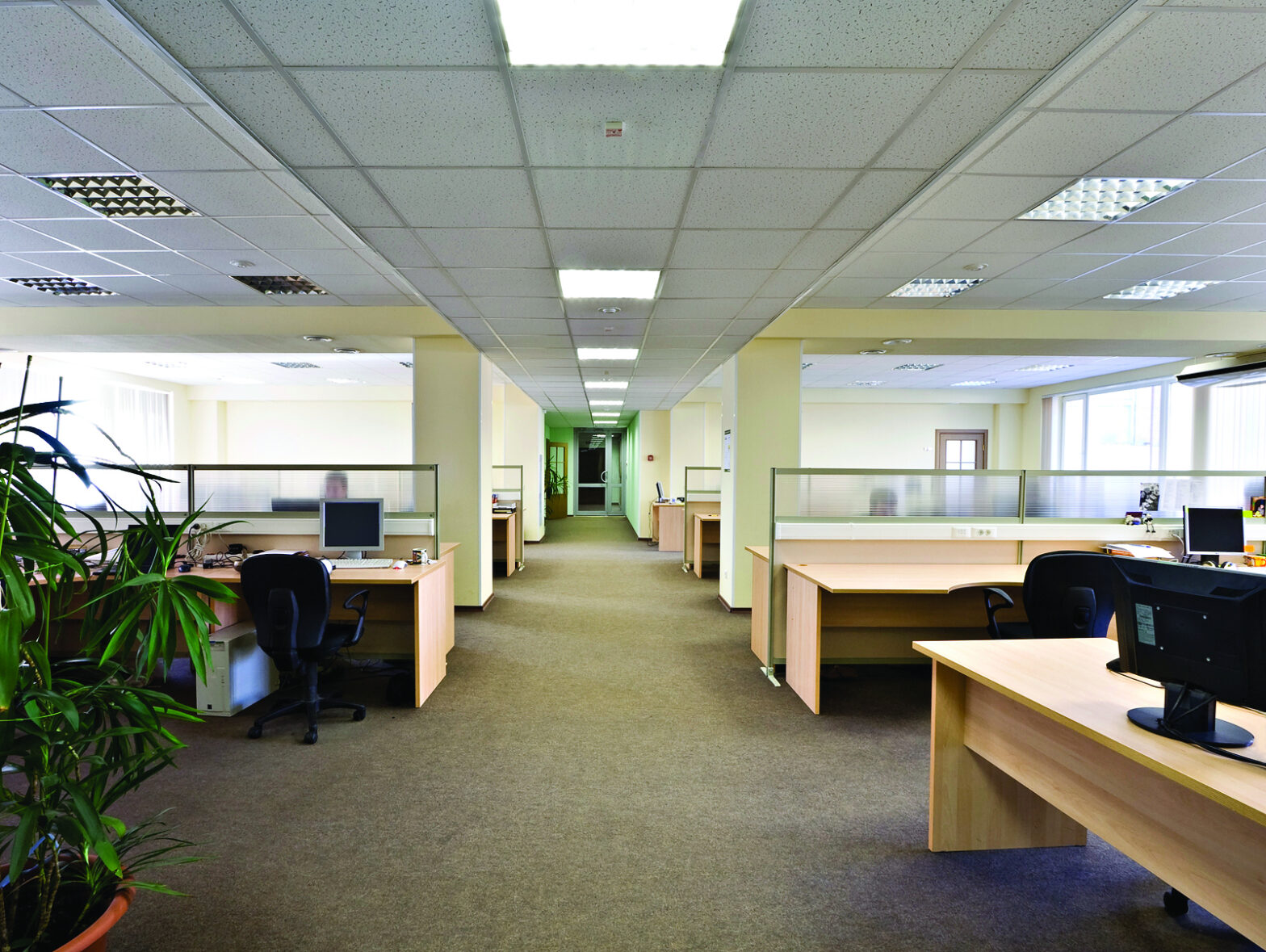Commercial property rents have sharply increased over the last ten years, but now the market has dropped, rents have started to fall again – going back to 2006 levels in some cities. But there are additional measures you can take to knock down your overhead costs and fortify your business.
Kate Nudds, founder of Professional Choice Personnel, recently moved to a serviced office to save cash. ‘As the climate unfolded, we had to make cuts. Now we don’t have to pay rates or broadband and all the heating and lighting is provided,’ she says.
‘I would say we’ve saved around £200 a month on bills and rates, and as they provide a front receptionist who takes all our calls, we’ve also saved another £12,000 employing someone.’
For Nudds, the benefits are more than cost-related. ‘It looks fantastic and has raised the corporate image of our company when we also bring clients on site,’ she adds.
Bill Grodnik, CEO of virtual office supplier Davinci, says: ‘They are used by businesses wanting to raise their profile and also by companies looking to cut costs, although today we are seeing more businesses using them because they can’t afford things like receptionists.’
Go virtual
For Nick Pye, founder of business consultancy Mangrove, the cost of using a serviced office didn’t make much sense, so he decided that his staff would work at home from their computers and phones instead.
‘We decided that when we set the business up we didn’t want to have to get into a routine, plus we travel to see clients and so wouldn’t be there all of the time.’
When Pye and his colleagues need to meet to discuss business matters they use a private member’s club for entrepreneurs, which he estimates costs around £200 a month.
‘When we were looking, we needed something very flexible where you only pay for what you use. The office space we’ve seen over the last couple of years has been expensive (from £20,000 to £25,000 a year). Club membership is a few hundred pounds, with the discounted room hire for meetings on top of that.
This approach probably saves us 50 to 70 per cent a year as well as giving us the flexibility we need.’
Renegotiating rent
If you’re already locked into a lease, Martin Meech, group property director at building suppliers Travis Perkins, says in order to ease cash flow, companies should talk to landlords about changing rental terms.
‘Over the last 12 months, we’ve spoken to all our landlords about moving from quarterly rent payments to monthly ones. We’ve had a 20 per cent success rate with existing leases and a 98 per cent success rate with new leases.
‘I think most landlords are now open to a sensible discussion about this. A lot of leases do need to be modernised. In other aspects of business you don’t receive three months advanced payments, so why should you have to pay rents quarterly. Companies should put pressure on landlords. If you don’t ask, you don’t get.’
For Meech, moving the terms of payment is not the only thing landlords are becoming more amenable to in the current climate.
‘When it comes to re-leasing there is definitely scope to negotiate down the cost of rent. Over the last 15 years we’ve seen rents increase to reflect growth, now things have gone south they’re no longer in line with the general economy. When our rents are up for renewal, that’s definitely something we intend to do.’





